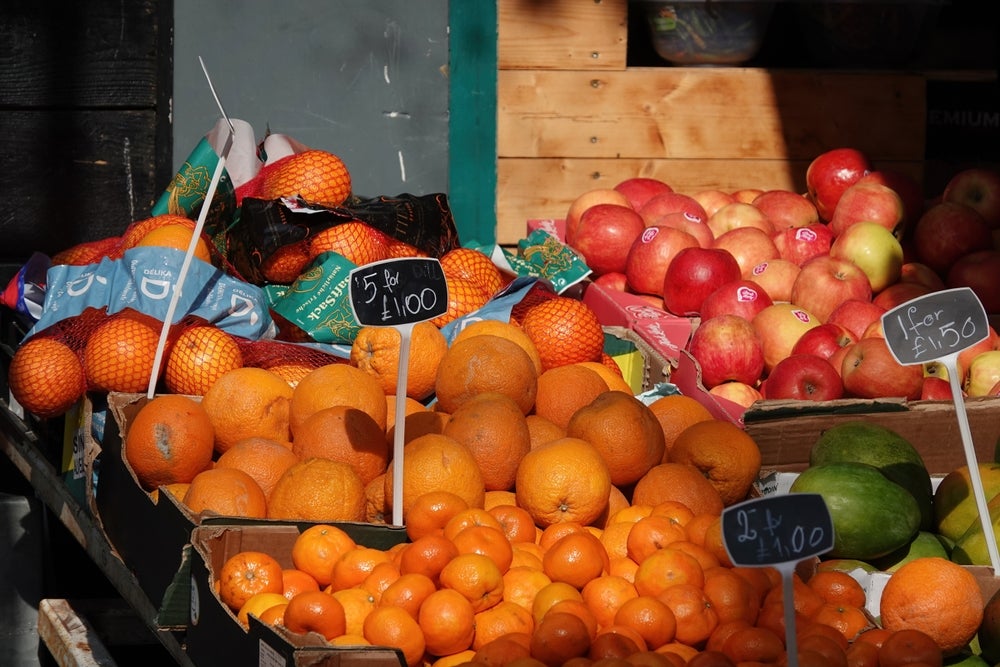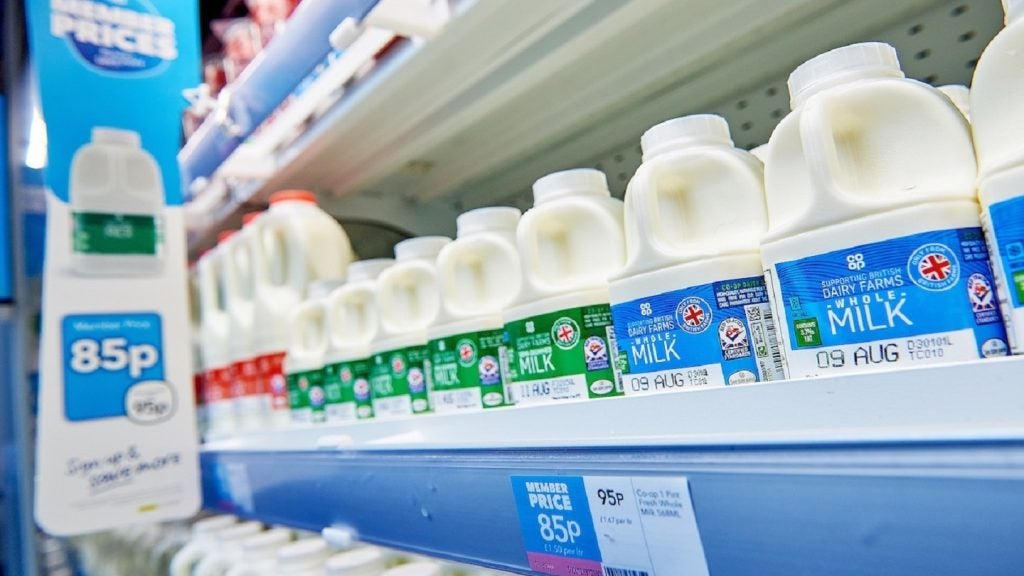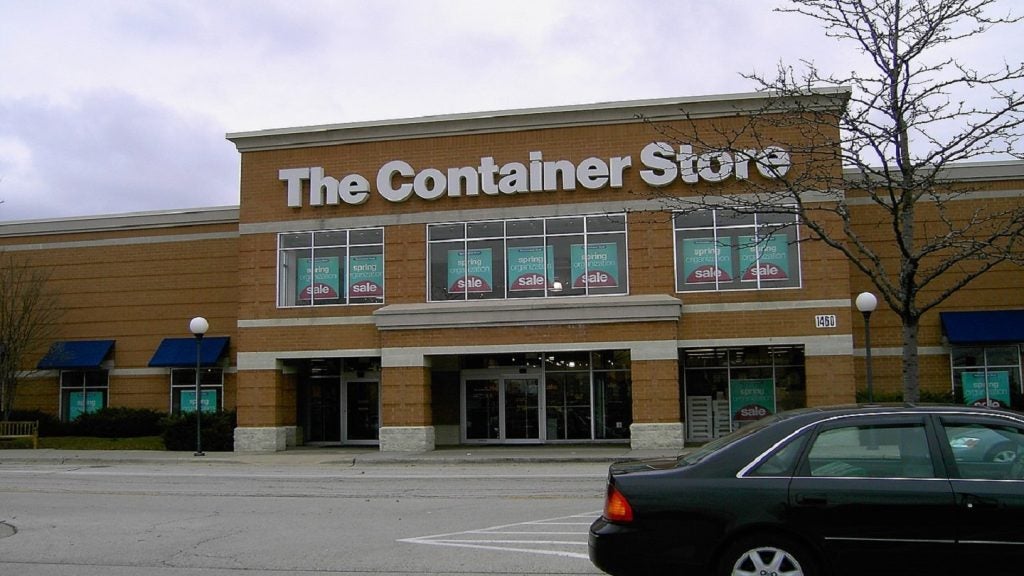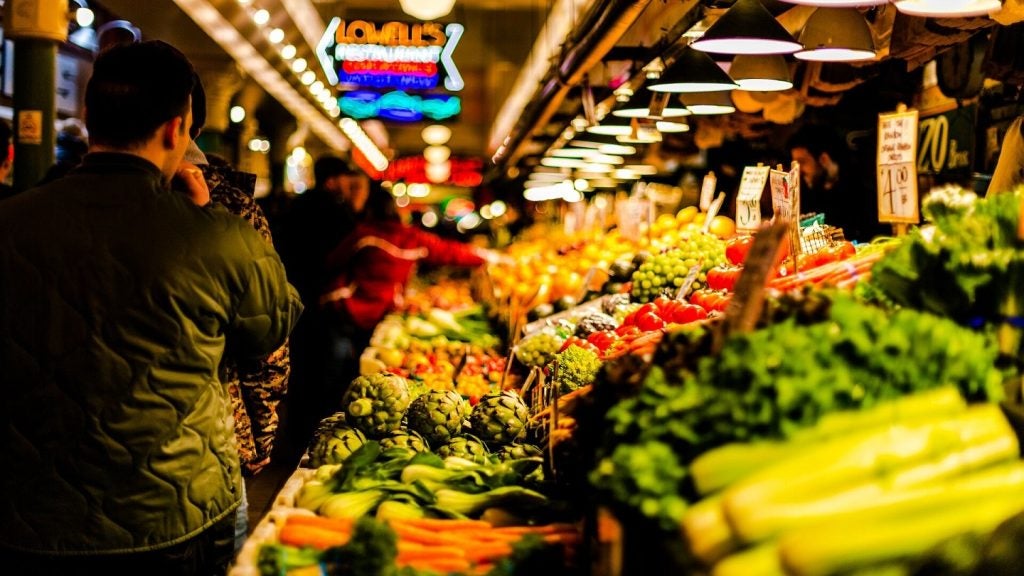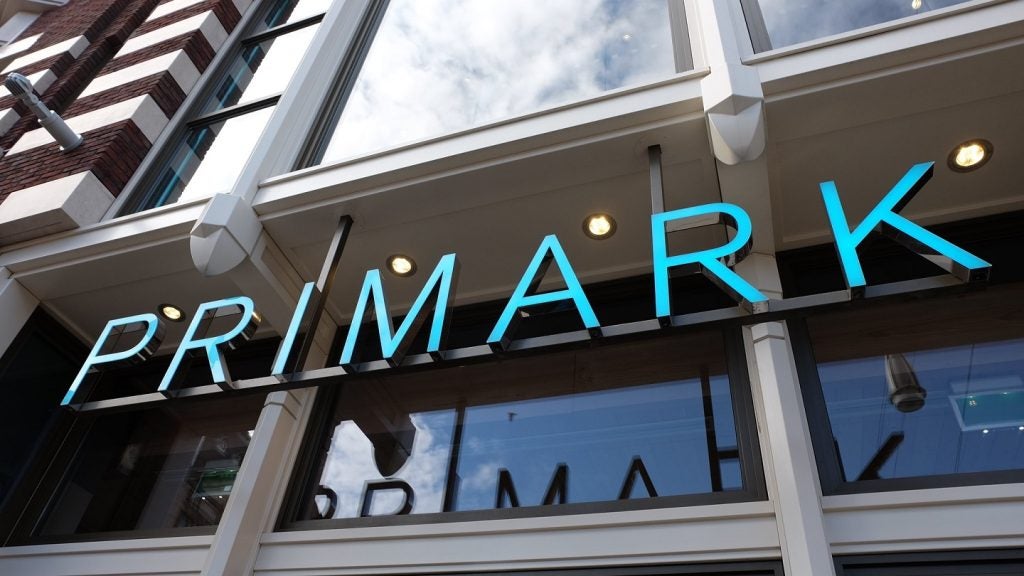Research conducted by the British Retail Consortium (BRC) and retail analysts NielsenIQ has revealed a positive trend in the rate of price increases for food items.
According to the findings, the rate of food price inflation has decreased for three consecutive months.
The latest data shows that the rate stands at 13.4% for the year up to July, which, while still high, is the lowest level recorded since December 2022.
Positive signs amidst slowdown
The research highlights that the decline in food prices is mainly attributed to reductions in the costs of staples such as oils, fats, fish, and breakfast cereals.
This development marks a cause for optimism, as stated by the BRC, considering the steady reduction in food price rises from 15.4% in May to 14.6% in June and now 13.4% in July.
Overall inflation eases to lowest level this year
The report also notes an overall easing of shop price inflation in July. The annual shop price inflation rate dropped to 7.6%, the lowest recorded rate for this year, down from 8.4% in June.
Moreover, prices experienced a slight fall of 0.1% compared to June, marking the first time such a decline has occurred in two years.
Caution amidst potential challenges
While the recent trend of falling food inflation brings hope, the BRC cautions that the coming months may pose new challenges to the industry.
The recent decision by Russia to withdraw from the Black Sea Grain initiative, along with its targeting of Ukrainian grain facilities and rice export restrictions from India, could affect supply chain dynamics.
These actions by Russia and related global commodity price increases may result in slower food price reductions and potentially add to input costs for retailers.


